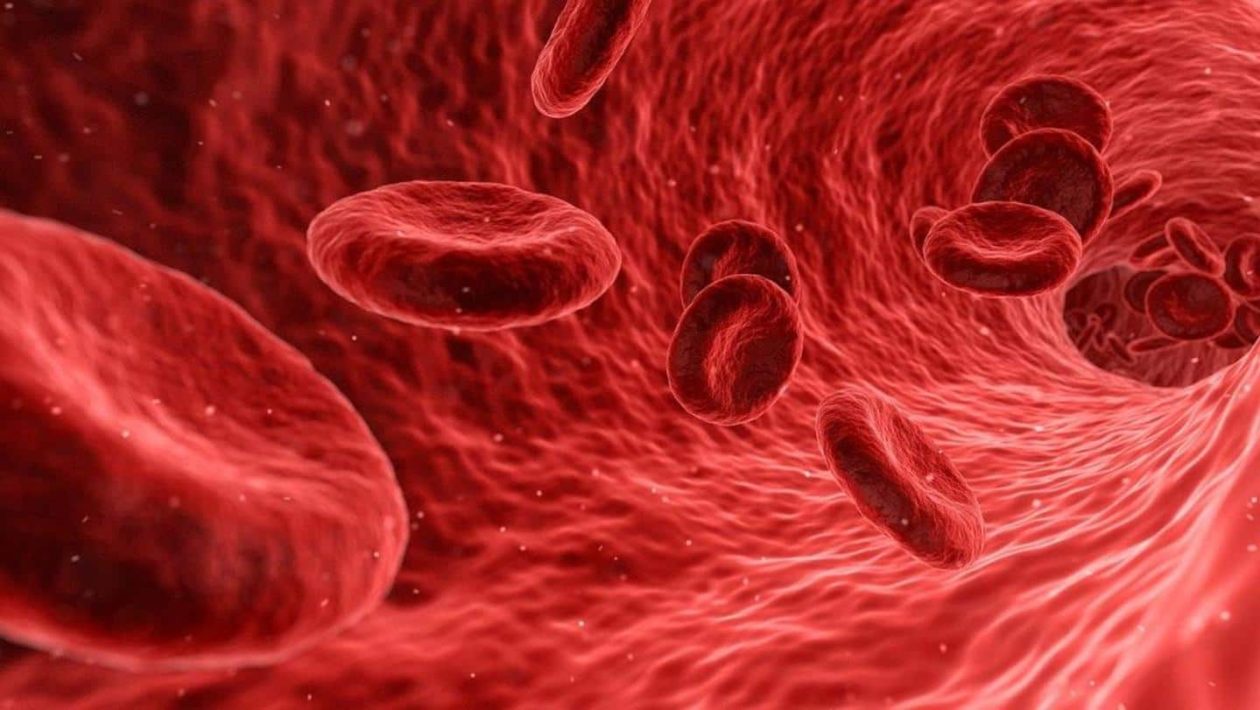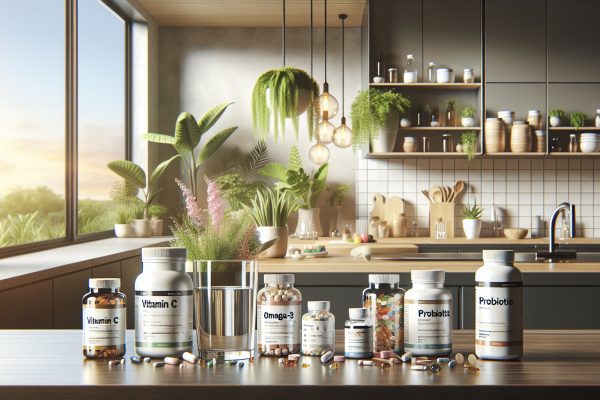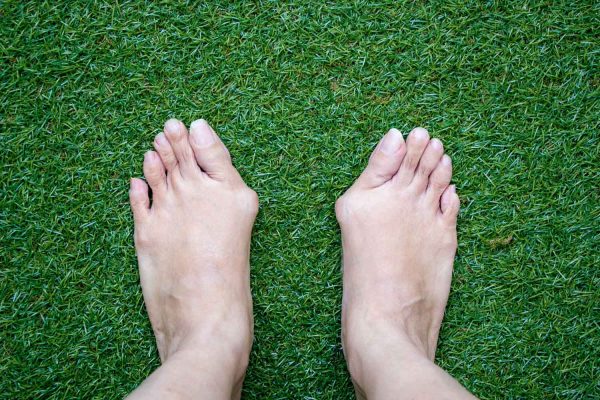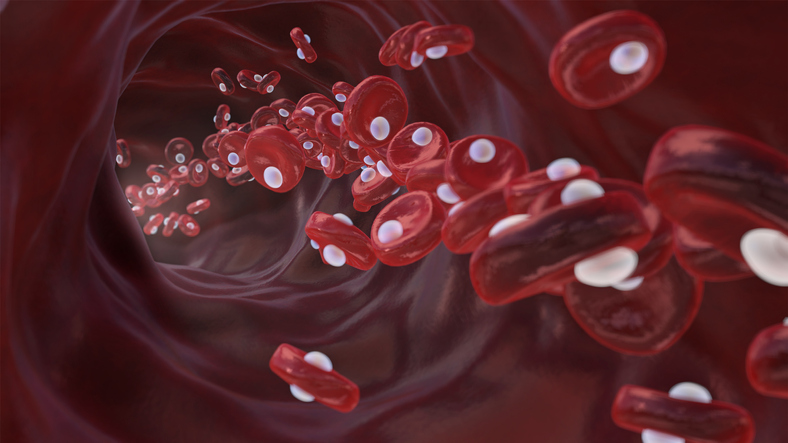
With the extreme temperatures, unwarranted stress, and unhealthy lifestyle wreaking havoc in the fast-paced world, low hemoglobin content is an issue that is striking one and all – slowly but steadily. The deficiency of this iron-rich protein in the red blood cells of the body causes a host of related issues – fatigue, shortness of breath, and weakness, being some of the most prominent side effects. For those who wish to know how to increase hemoglobin in a week – here are some expert-backed natural ways that you may follow.
That’s not all! Since you are already scrolling this page, you might as well figure out what the normal hemoglobin count is, the reasons for this low content, and some add-ons apart from food that will not only assist in shooting up the hemoglobin levels but also help maintain the same.
Table of Contents
What is the normal hemoglobin count?
You must have got the test reports by now. That will give you an idea about the range. If still in doubt, let’s acquaint you with the same –
In men, the normal range is: 13-17 g/dl
In women, the normal range is: 12-15g/dl
According to a noted nutritionist –
How to increase hemoglobin in a week?
For those who want to rush it, here are some of the natural ways that you must check out –
1. Change your diet to include iron-rich food products
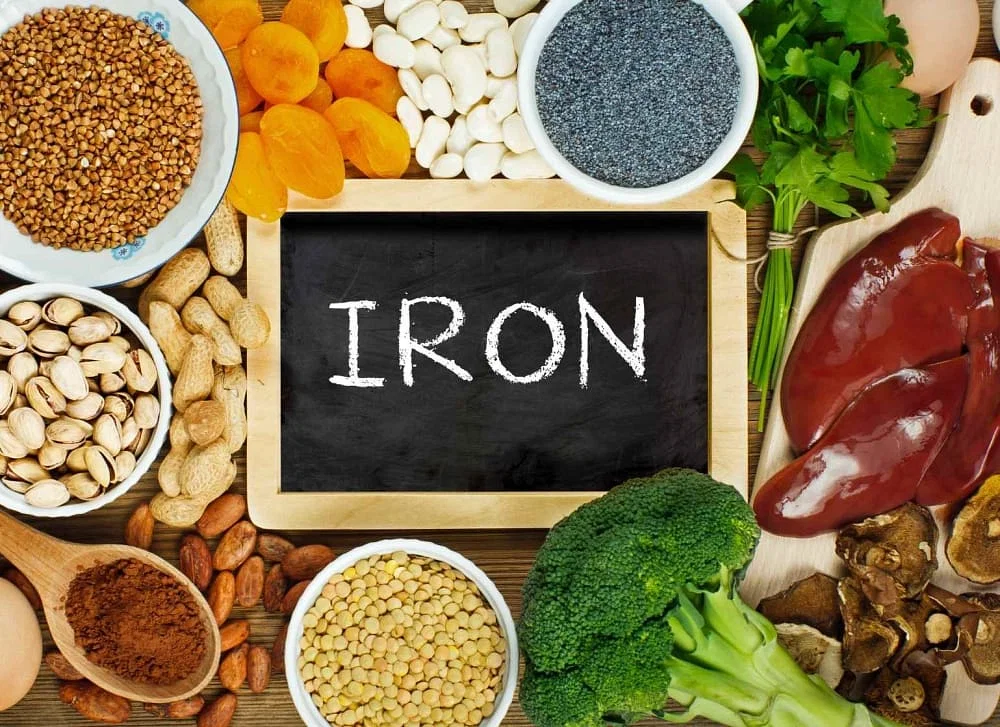
Not many people know that a maximum of iron is available in a host of foods that we eat regularly (both vegetables and fruits). So, if your hemoglobin levels are down and you have a week’s deadline, then all you need to do is – fill up your plate with iron-packed food products. Assuredly, the post-one-week test results will be better –
- Let’s start with the vegetables – Spinach, Asparagus, Green peas, Cauliflower, Fenugreek leaves, Beans, Legumes (soya nuts, fava beans, chickpeas, and black beans), Colocasia leaves, and Moringa leaves.
- If you are a non-vegetarian – Seafood, Chicken liver, oysters, Red lean meat, Clams, and Whole eggs are of great help in shooting up your hemoglobin levels
- As far as fruits are concerned – Pomegranate, Watermelon, Apricot, Apples, Grapefruit, Peaches, Beetroot, and Kiwis are your must-haves!
- Lastly, the other alternatives – When you are done customizing your food and fruit bowls, there’s always some space left for snacking. To manage your hunger pangs but in a nutritious (hemoglobin-rich way), add – dates, pumpkin seeds, sesame seeds, raisins, and figs.
2. Have food products rich in Vitamin A and C
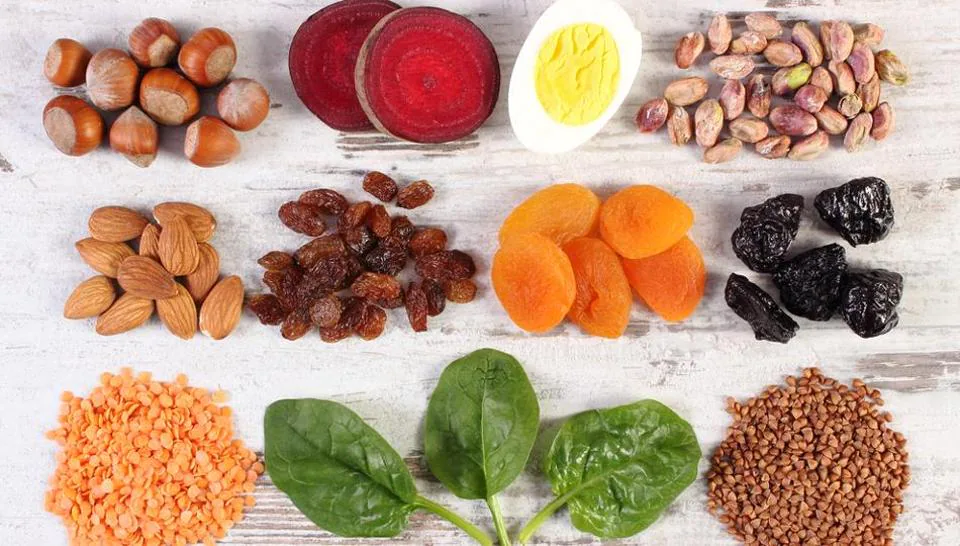
2 quick facts – Vitamin C improves the capacity to absorb iron in the body, while Vitamin A improves the hemoglobin content in the blood. So, when talking about increasing Vitamin C content – include citrus fruits, strawberries, broccoli, Brussels sprouts, Bell pepper, and papaya in your diet.
As far as Vitamin A is concerned – add carrots, dairy products, fish oil, eggs, and tomatoes to your food intake.
3. Increase your intake of folic acid
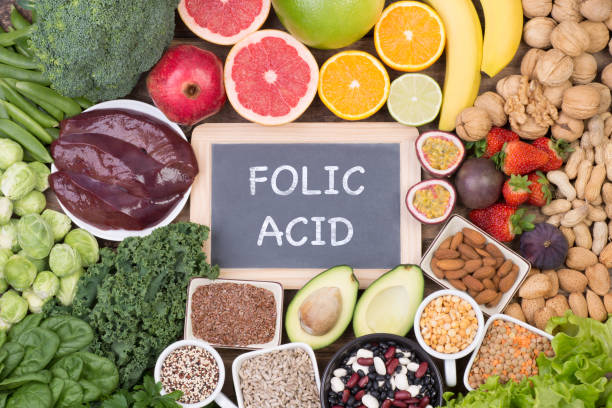
For the uninformed, folic acid is a category of B complex vitamins that help to create red blood cells in the body. So, when you are busy checking out solutions as to how to increase hemoglobin in a week – one of the key ways out is to raise your intake of folic acid.
How to do that? Add bananas, dried beans and kidney beans, peanuts, lettuce, spinach, avocado, and beetroot to your regular diet. Make sure that you pick up at least 3 items in your diet to see immediate results.
3. Switch to nettle tea
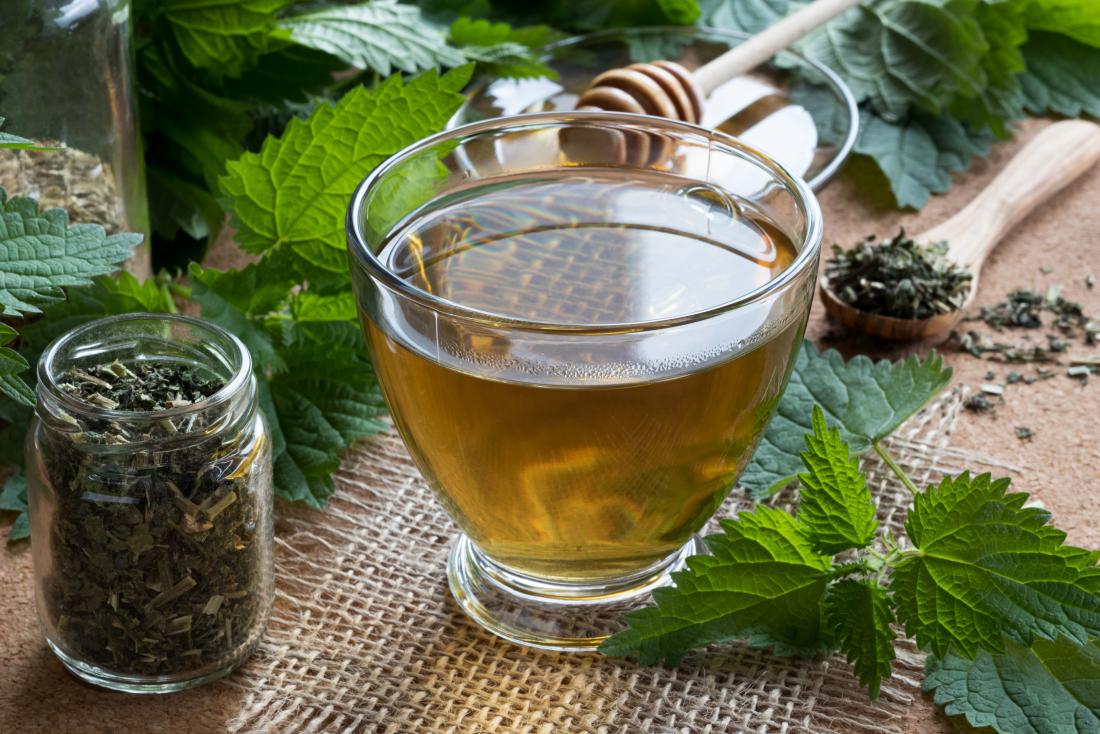
Since caffeine content (both tea and coffee) is touted to be an iron blocker; therefore, it is best to switch your options. Nettle tea, with its Vitamin B, C, and iron content, is a healthy alternative that you may check out. It will give results within a week!
Intake – Take a cup of hot water and add two teaspoons of nettle tea to it. Let it seep in for 10 minutes, and then drink it.
4. Include brown rice in your diet
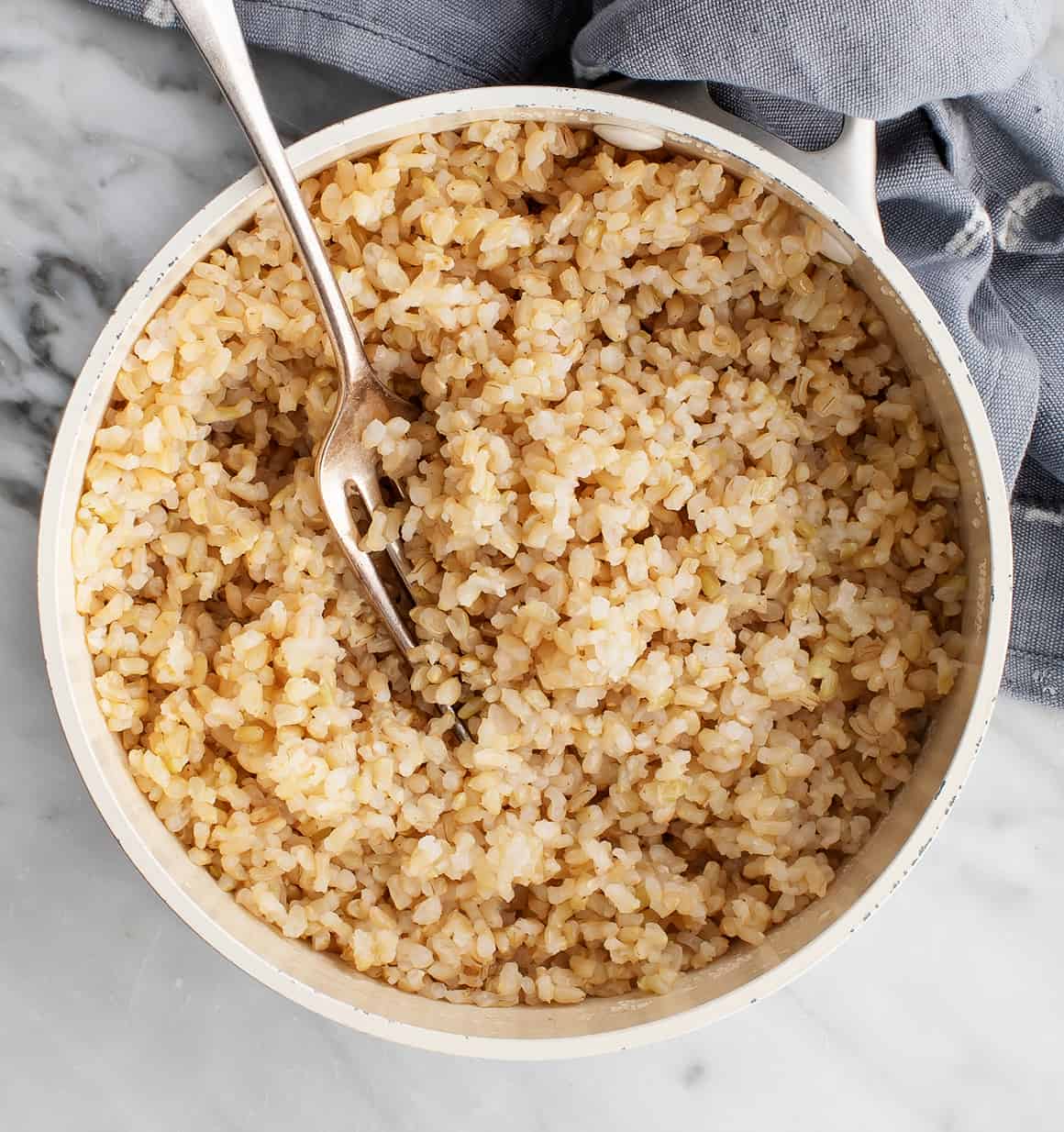
Still, looking for a last resort on how to increase hemoglobin in a week? Try switching to brown rice. With an iron content that is 0.52 mg per 100 grams, this is one of the most-opted diet additions to make if you are looking to improve your hemoglobin levels. As a superfood, it also helps manage your cholesterol levels.
Intake – Keep it to a single serving every day of the week (250-300 grams), and you will see a significant improvement in your Hb rates.
How to consistently maintain hemoglobin levels?
Are you looking to not just find out how to increase hemoglobin in a week but also to maintain the same? Then here are some ways that could help –
1. Improve your lifestyle

When someone talks of improving their lifestyle, it does not only imply reducing smoking or drinking but also bringing about an overall change in their regular schedule. So, ensure that you follow a proper routine, from waking up to sleeping and eating healthy and either exercising or meditating (or practicing both). Only when you will have a healthy routine will you get a healthy body.
2. Opt for specific workouts –

If you want to maintain your hemoglobin levels consistently, then along with the change in diet and improvement in your lifestyle, you also need to opt for specific workouts. Go in for a medical test, and once your hemoglobin levels show the normal range, you can kickstart your exercise routine. Start with jogging, followed by running, jumping jacks, and squats. These are some of the easiest workouts that improve the overall functioning of the body, thereby managing hemoglobin levels.
3. Consume more Vitamin C-rich food
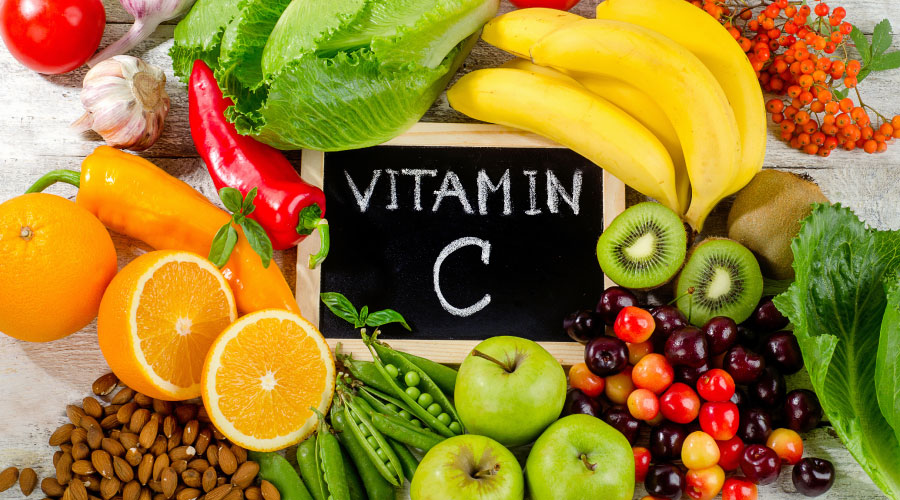
For those who are unfamiliar with the specifics, Vitamin C is a specifically carrier-rich molecule that assists in better absorption of iron. Therefore, when you consume foods that are particularly rich in Vitamin C, such as – papaya, broccoli, tomatoes, strawberry, and grapefruits – it helps to absorb more iron and thereby not just know how to increase hemoglobin in a week but also maintain it considerably.
4. Add iron supplements when required
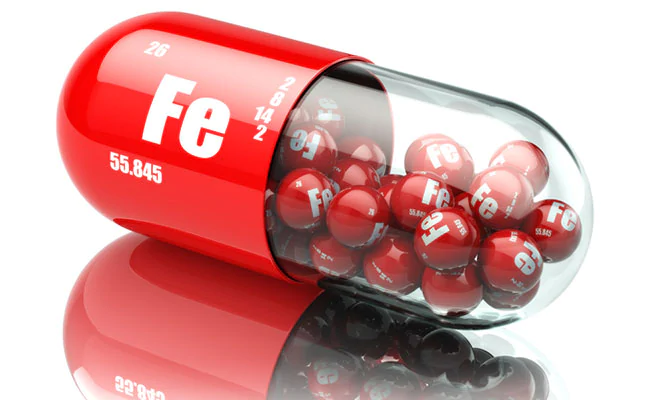
At times, a simple increase in hemoglobin-rich food is not enough. The body needs iron and folate supplements. For the same, you must consult your medical practitioner.
5. Cut down iron blockers

Lastly, to ensure that your hemoglobin levels are maintained in the body, you need to cut down on the iron blockers in your body. Certain foods like coffee, tea, aerated drinks, cocoa, soya products, and beer – if consumed in excess, can hinder the formation of hemoglobin. Hence, it is best to limit the same.
Why did your hemoglobin fall?
It has been found in multiple surveys that some people generally tend to have low hemoglobin counts. Hence, their body gets adjusted to the same. However, for those who have suffered a sudden fall in their hemoglobin levels, it is crucial that they work toward understanding how to increase hemoglobin in a week and actualizing the concerned methods.
Here are some of the causes why your hemoglobin may have dropped –
- A sudden substantial blood loss – due to an injury or any other reason
- Persistent cases of hypothyroidism
- Genetic and hereditary diseases like – sickle cell anemia and thalassemia
- Deficiency in the levels of folate, iron, or even Vitamin B12
- A host of diseases, such as – kidney, lung, and liver
If you have faced any of the aforementioned conditions, you must apart from consulting a doctor try to improve the hemoglobin count by these natural methods.
Final thoughts
As difficult as it may sound, in case you are facing fatigue or weakness for a considerable time before you visit a doctor, you must consider how to increase hemoglobin in a week. If you follow the strategies mentioned there in a categorical manner, you will automatically be able not just to improve your hemoglobin count but also maintain it consistently.
If you liked this article, and want to share your thoughts on the same, do leave your comments in the section below. Also, keep watching this space for more!
Monalisa Mukherjee is a content writer, copywriter and editor with 4 years of experience. She has written for websites like Biography Talk, The Rich Net Worth, Contour Cafe, He And She Fitness and Fiction Pad. She is currently associated with a noted Digital Marketing Agency and specialises in writing press release, guest posts, articles on travel, entertainment, food recipes, celebs, lifestyle, tech, health, and fashion.

